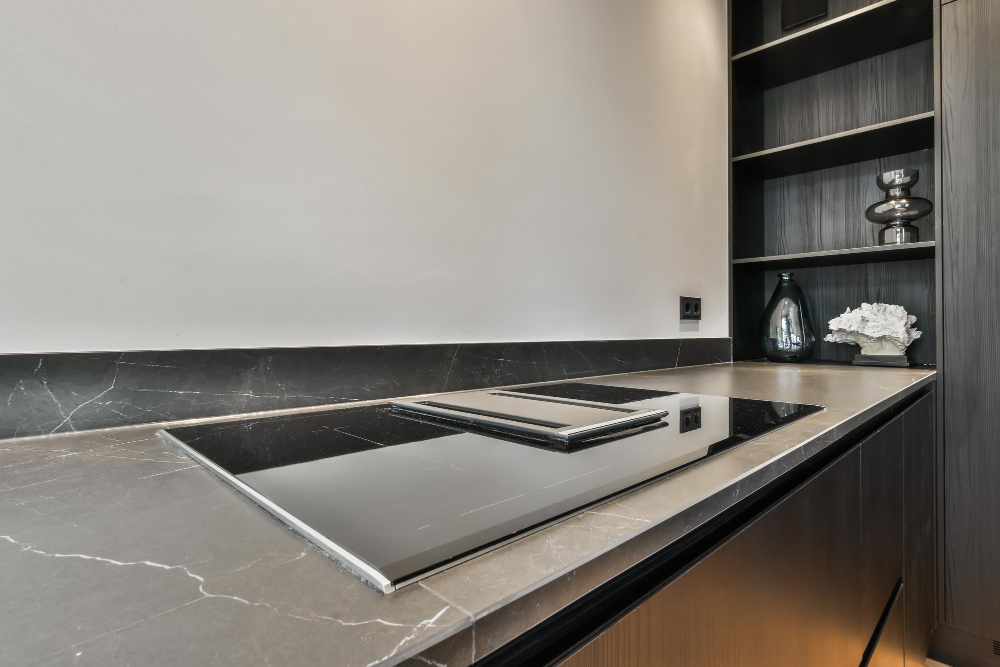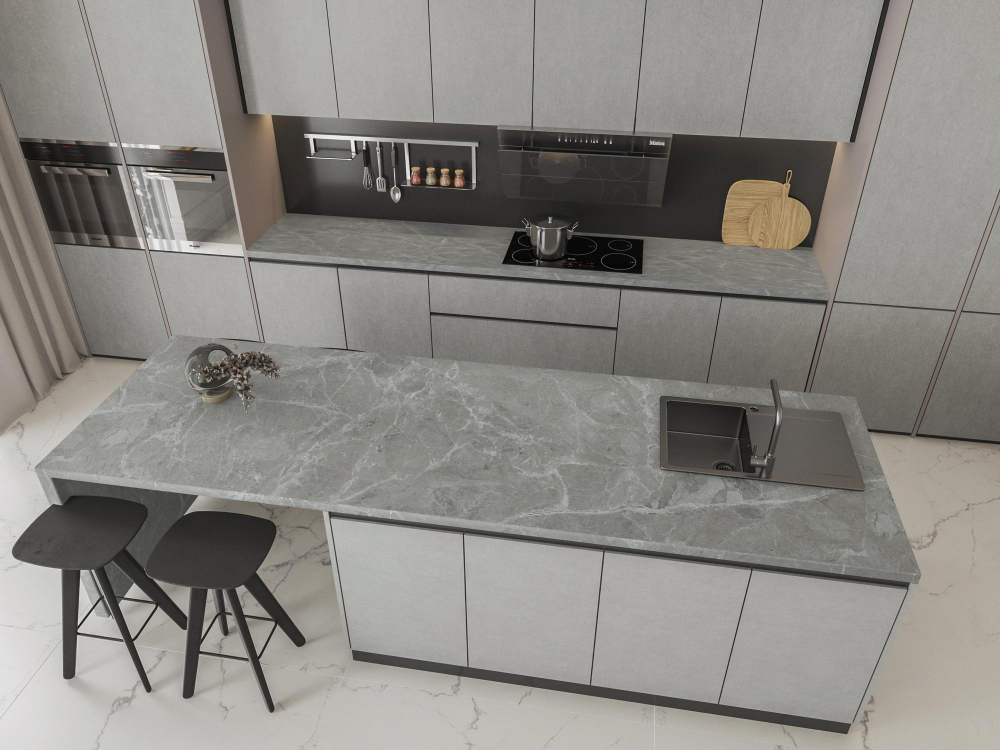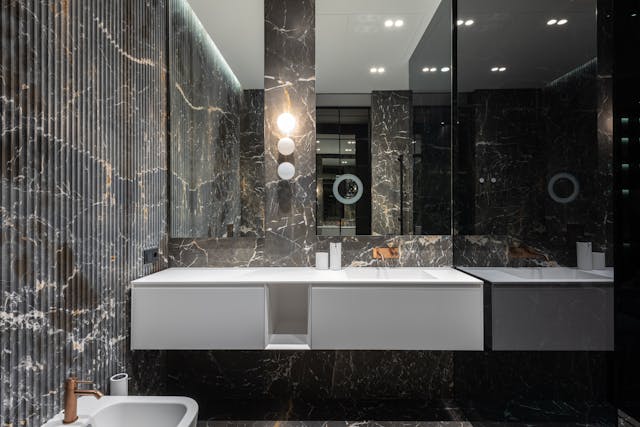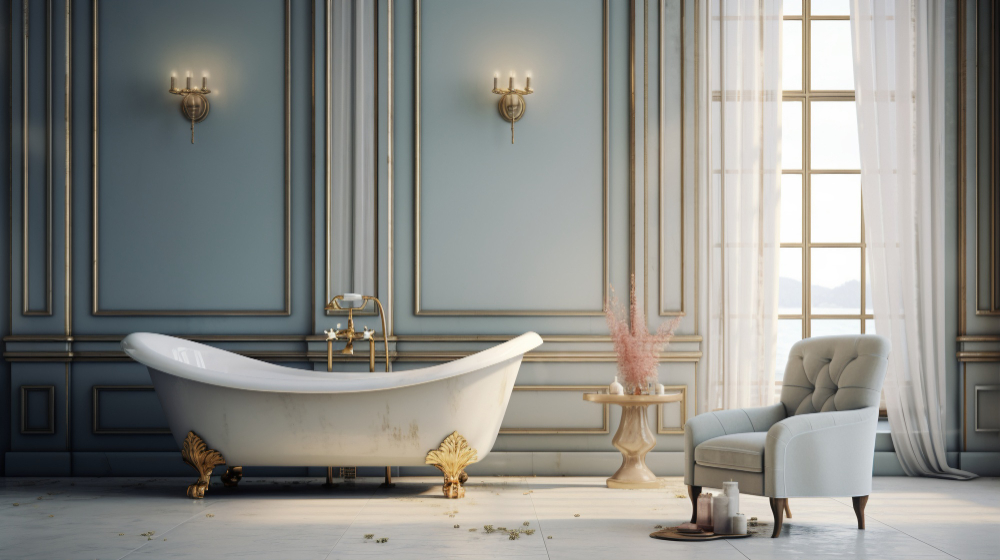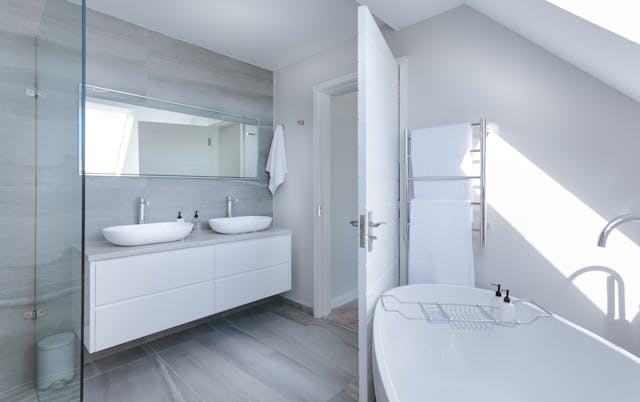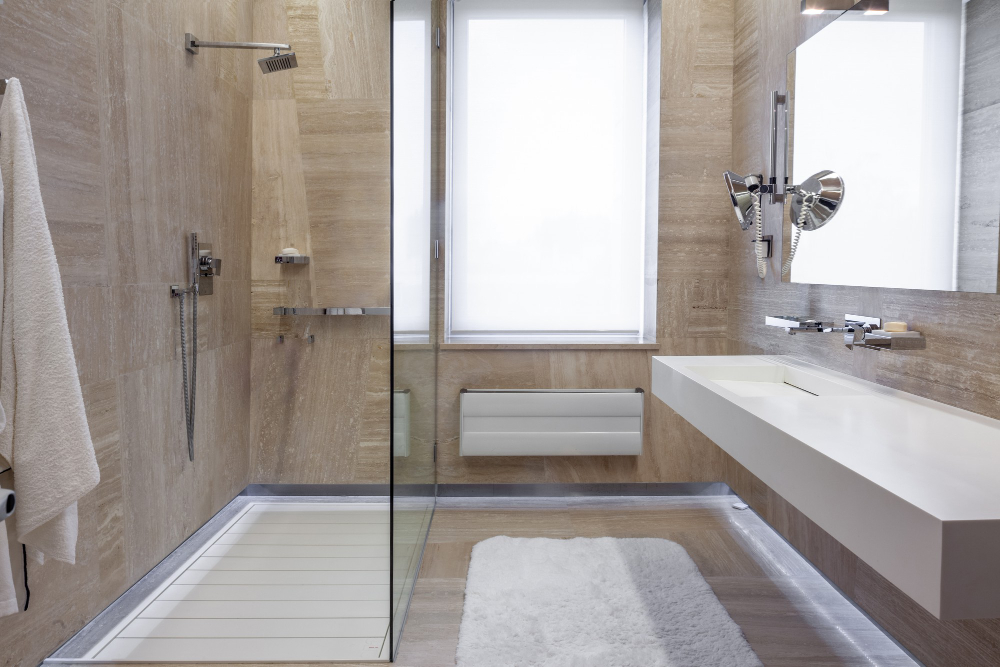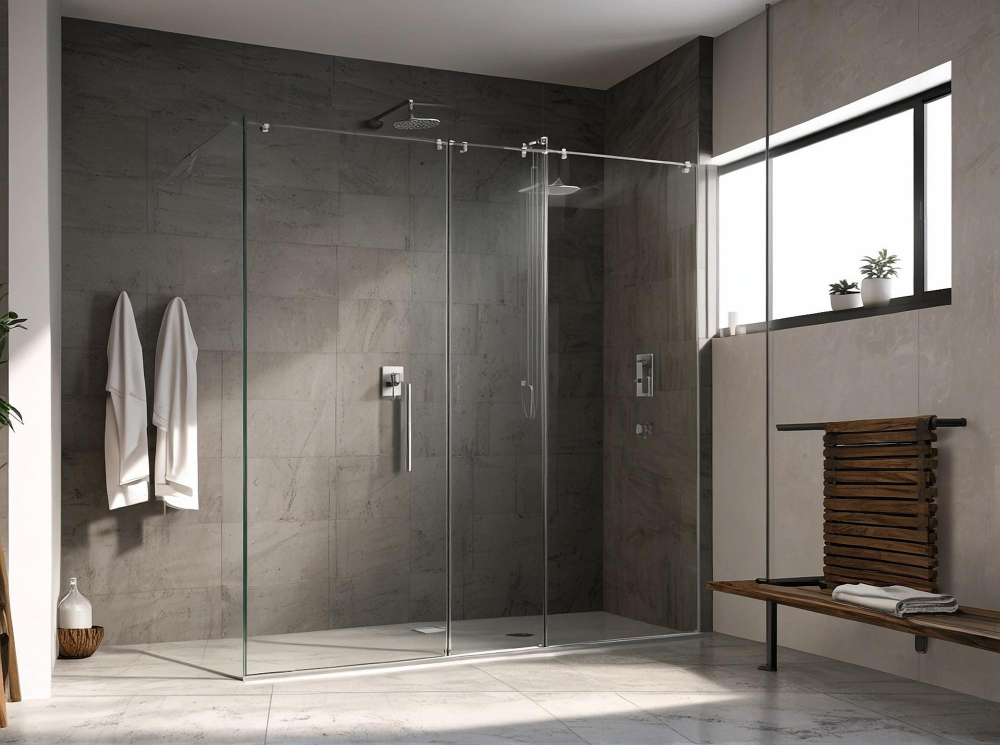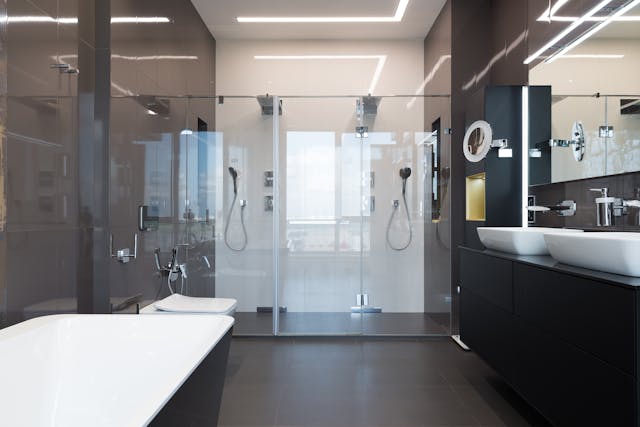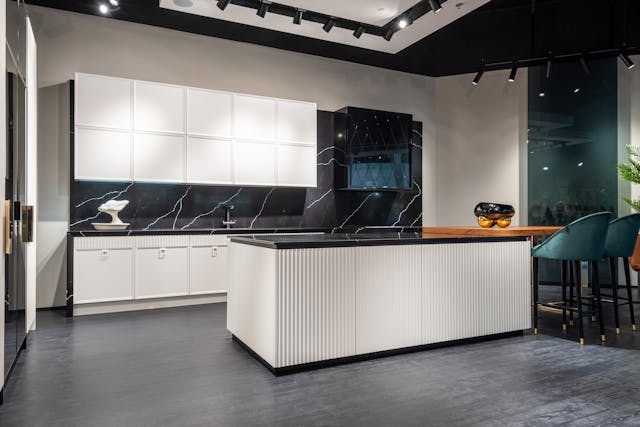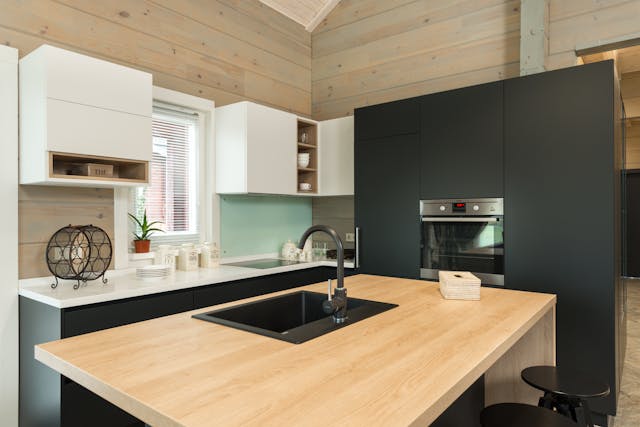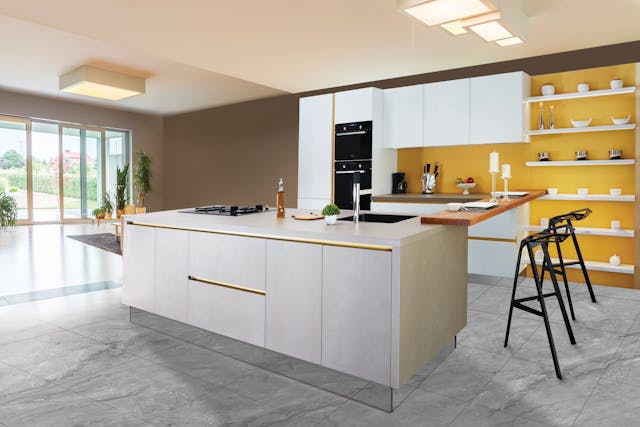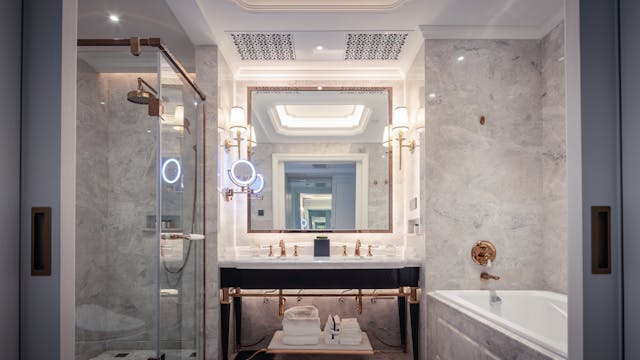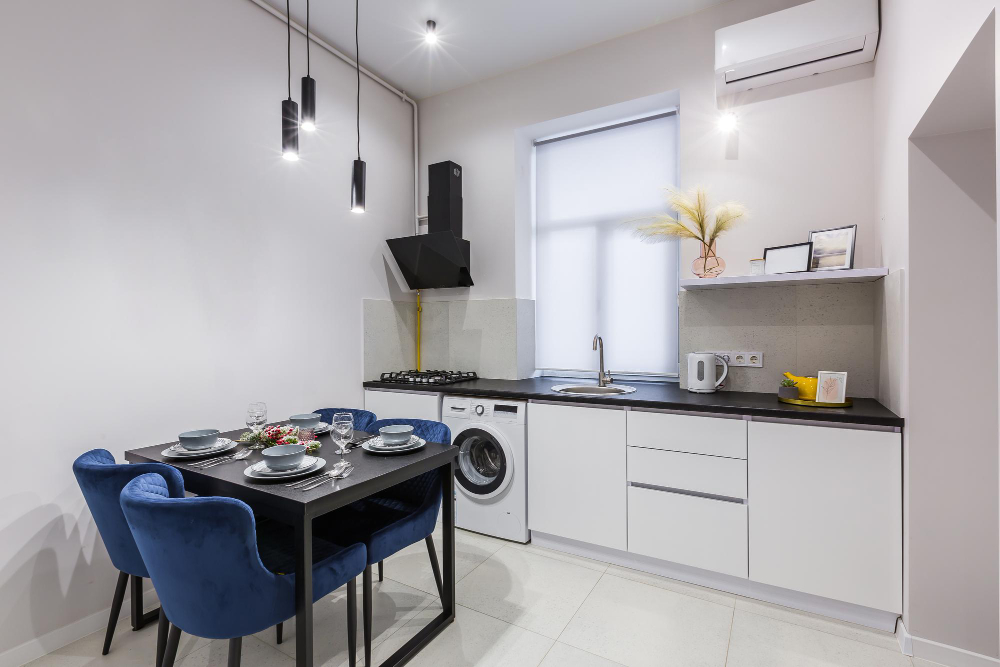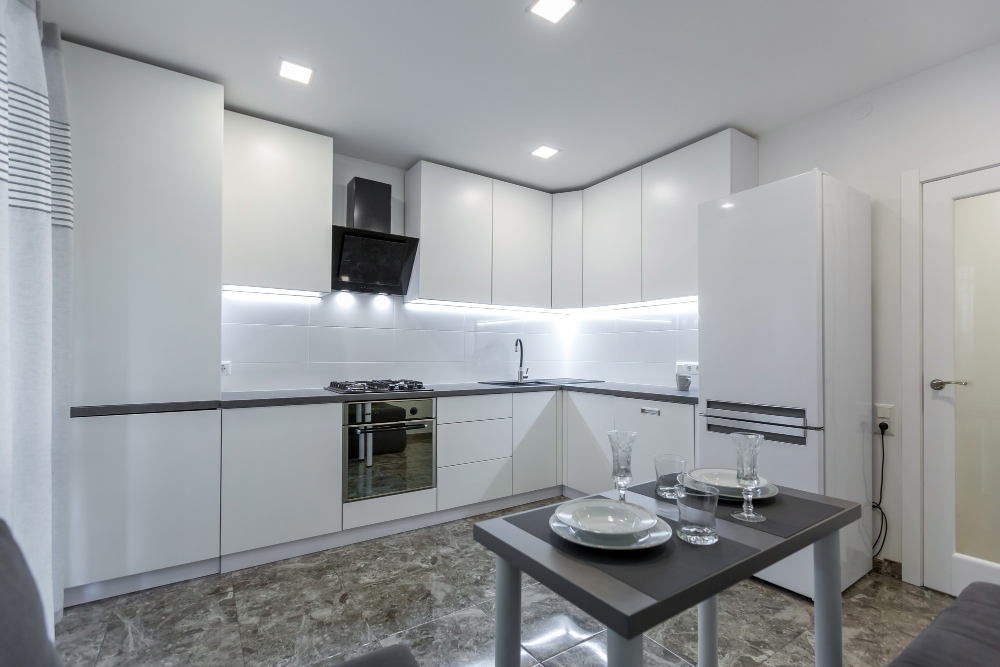
When your home’s pipes start showing signs of age, it can be stressful trying to figure out who to call. Searching for a repipe plumber near me often brings up dozens of results — but not all plumbing professionals are equal. Choosing the right expert can mean the difference between a quick, clean, code-compliant installation and months of recurring issues. Whether you live in Sacramento or the Bay Area, finding the perfect fit for your repiping project starts with knowing what to look for and what to avoid.
Why Repiping Isn’t a Regular Plumbing Job
Many homeowners assume repiping is just another plumbing repair, but it’s much more complex. While a standard plumber might replace a fixture or patch a leak, repiping involves replacing the entire water distribution system. It requires specialized knowledge of building materials, water pressure dynamics, and routing through walls, attics, and crawl spaces. The best repipe plumber near me combines technical expertise with project management skills, ensuring minimal disruption to your home while achieving a long-lasting result.
Unlike small repairs, repipes also require permits, inspections, and adherence to local codes — especially in older neighborhoods. This is where experienced contractors stand out, bringing both craftsmanship and compliance to the table.
Step 1: Start with Research and Referrals
Begin by asking neighbors, friends, or real estate professionals who they’ve trusted for similar work. Online platforms like Google Reviews or Yelp can also provide insight into a company’s reliability and service quality. Focus on reviews that mention full-home repiping rather than basic plumbing repairs. Companies with strong track records in large-scale pipe replacement are more likely to handle your project efficiently.
Once you’ve narrowed your list, verify that each contractor is licensed and insured in California. A legitimate repipe plumber near me should easily provide their license number and proof of liability coverage. Avoid anyone who hesitates to share documentation — it’s a red flag for potential issues down the line.
Step 2: Ask About Experience and Methods
Repiping isn’t a one-size-fits-all job. Each home presents unique challenges depending on age, layout, and material type. Experienced plumbers will take the time to inspect your current plumbing system and explain their approach before quoting a price. Be sure to ask:
- How many repipe projects have you completed?
- What materials do you recommend — PEX, copper, or CPVC — and why?
- How do you protect walls, floors, and furniture during the process?
- What kind of warranty do you provide on labor and materials?
The best professionals are transparent about their methods and happy to educate you throughout the process. They’ll also discuss expected timelines and how they minimize inconvenience during installation.
Step 3: Compare Estimates the Right Way
When comparing quotes, don’t focus solely on the bottom line. A significantly lower estimate may omit crucial components like permits, testing, or restoration. Instead, ask for a detailed, itemized estimate that includes labor, materials, permits, and post-project cleanup. This allows you to compare “apples to apples” and ensures there are no hidden fees later.
In Sacramento, the average cost for a full-home repipe ranges between $6,000 and $10,000, depending on home size and material type. If one contractor quotes far below that range, be cautious — they might be cutting corners or using low-quality materials that won’t stand the test of time.
Step 4: Choose Materials That Match Your Needs
One of the key decisions in a repiping project is material selection. Most homes today use PEX or copper pipes due to their durability and safety. PEX is flexible and ideal for quick installations, while copper offers unmatched longevity and heat resistance. A qualified repipe plumber near me will help you choose the right material based on your home’s water quality, layout, and budget.
Some homeowners also choose hybrid systems — using PEX for general supply lines and copper near water heaters or exposed areas. This provides the best balance of performance and cost efficiency.
Step 5: Evaluate Communication and Professionalism
When speaking with potential contractors, pay attention to how they communicate. Do they take time to answer your questions clearly? Are they respectful of your budget and schedule? Professionalism and transparency are signs of a trustworthy team. You should never feel pressured into quick decisions or discouraged from asking questions.
Top-tier contractors provide clear contracts outlining every step of the project, from pipe routing to final inspection. They also maintain regular updates throughout the process, so you always know what’s happening in your home.
Step 6: Verify Licensing, Insurance, and Warranties
Always confirm that your chosen plumber holds an active California State License Board (CSLB) certification for C-36 plumbing. This license ensures they meet the state’s technical and safety standards. Additionally, verify general liability insurance and worker’s compensation coverage to protect yourself from potential liabilities.
Reputable companies typically back their repiping work with a multi-year warranty covering both materials and labor. This protection guarantees peace of mind long after the project is complete.
Step 7: Local Experience Matters
Every city has its own building codes and water quality considerations. For Sacramento homeowners, factors like mineral content, pipe corrosion rates, and regional inspection requirements can influence the success of a project. Partnering with local plumbing and HVAC expert teams ensures your repipe is performed to meet both city standards and your household’s needs.
Local professionals are also more familiar with neighborhood layouts, enabling faster, cleaner installations with minimal disruption. They can even provide insight into local rebate programs for water efficiency upgrades.
Step 8: Schedule a Consultation and Inspection
Before signing any agreement, schedule an in-person consultation. The plumber should inspect your home’s water pressure, visible pipes, and system design before recommending next steps. A professional assessment ensures the quote you receive reflects the true scope of the project — not a one-size-fits-all estimate.
During this stage, take note of how organized and prepared the team appears. Are they punctual? Do they explain their findings thoroughly? These details reveal how the contractor will handle the actual installation.
Step 9: Red Flags to Avoid
While most contractors are honest, it’s important to recognize warning signs. Be cautious of plumbers who:
- Offer unusually low prices without itemized details
- Require full payment upfront
- Cannot provide recent references or photos of completed repipes
- Use vague language about warranties or permits
Professional contractors stand by their work and provide clear, verifiable information before the project begins. If something feels off, trust your instincts and continue your search.
Step 10: Enjoy the Results of a Professional Repipe
Once the work is complete, the improvements are immediately noticeable. You’ll enjoy consistent water pressure, cleaner water, and the confidence that comes with new, durable plumbing. Over time, this upgrade pays for itself through reduced maintenance costs and improved home value.
According to The Remodeling Edit, homeowners who invest in professional repiping often recover much of their cost through enhanced property value and efficiency. More importantly, they eliminate the stress of leaks and water damage — problems that can cost far more than a proactive replacement.
Final Thoughts
Finding the right repipe plumber near me is about more than just hiring a tradesperson — it’s about choosing a trusted partner for your home. With the right professional on your side, you can count on quality workmanship, transparent communication, and years of worry-free performance. Take your time, do your research, and choose wisely. Your home — and your peace of mind — deserve nothing less.





